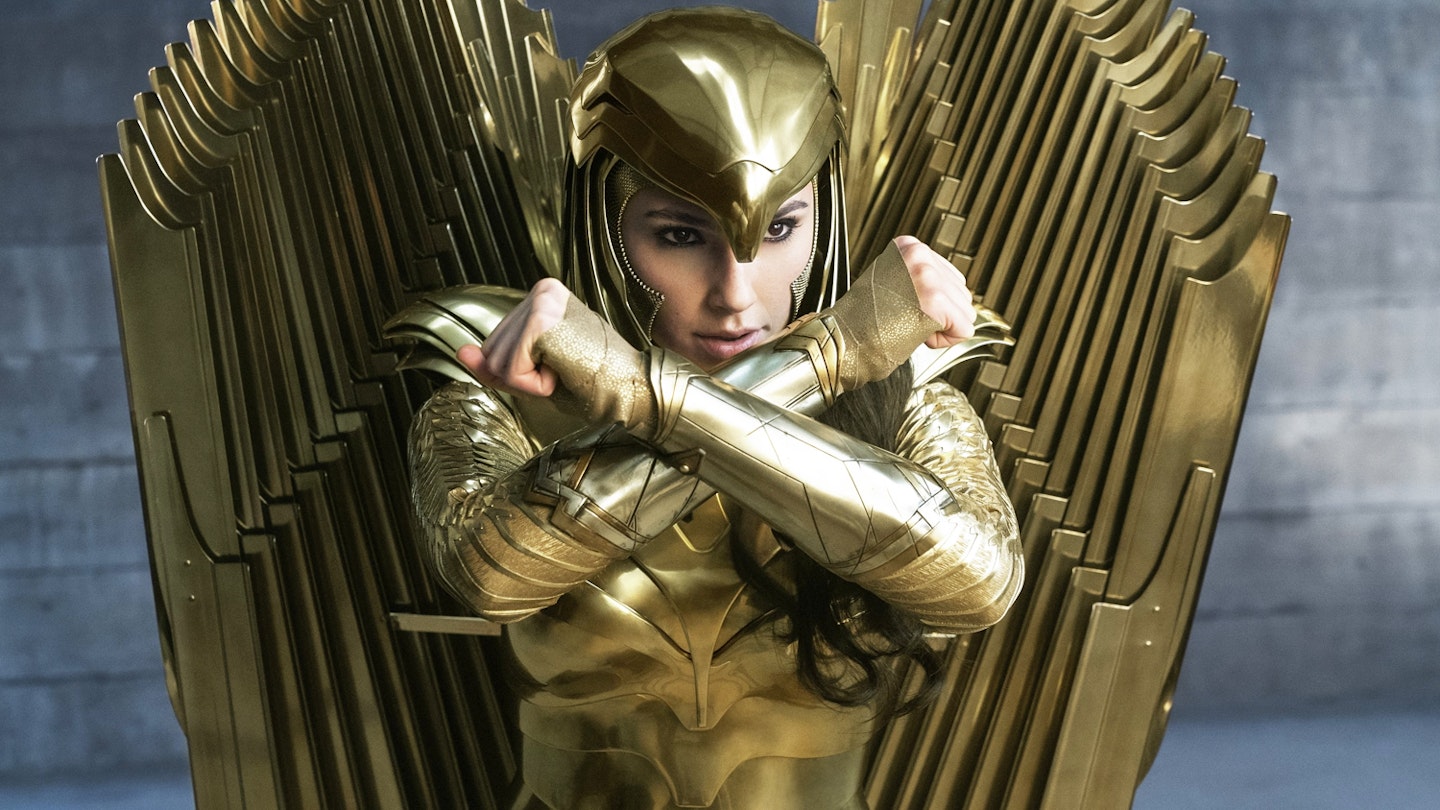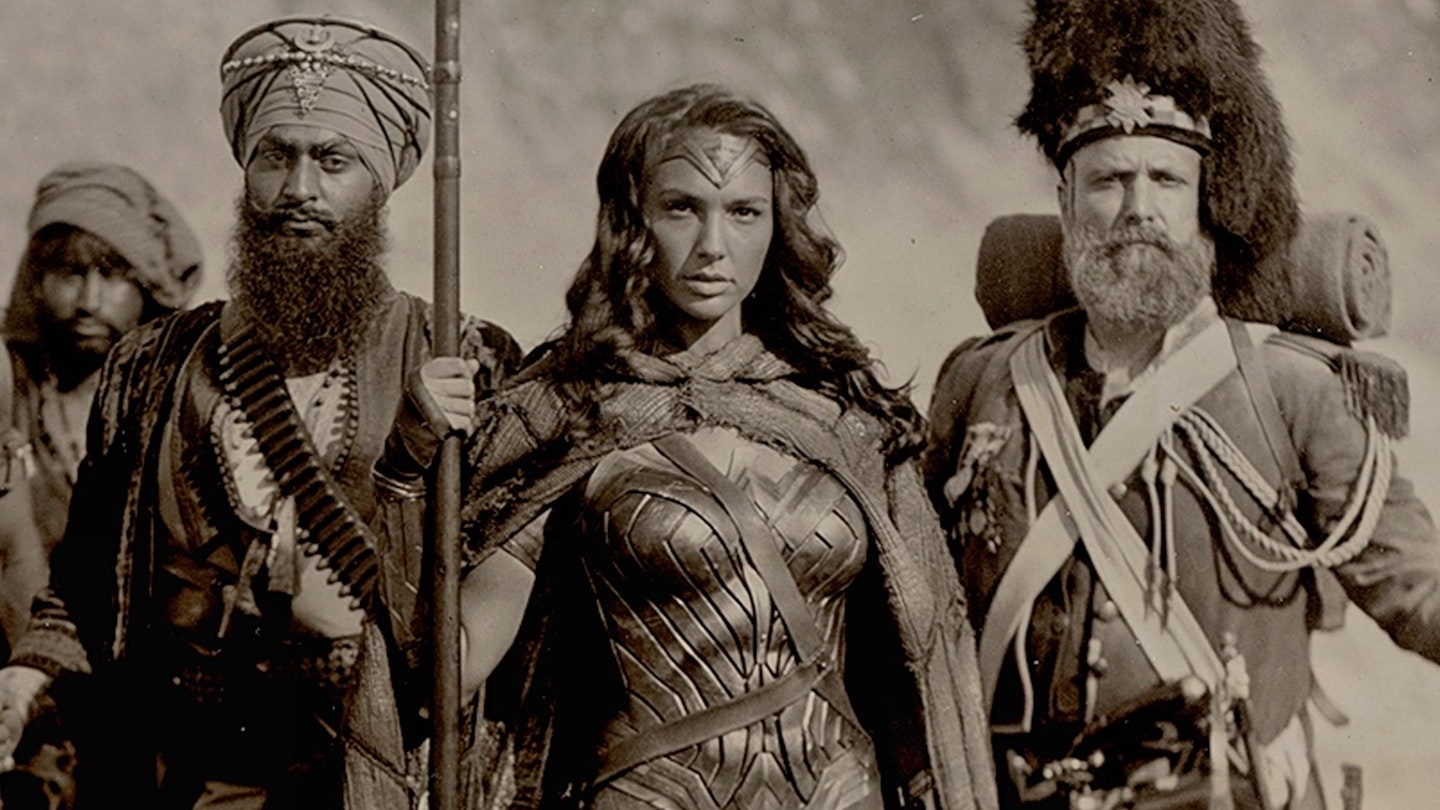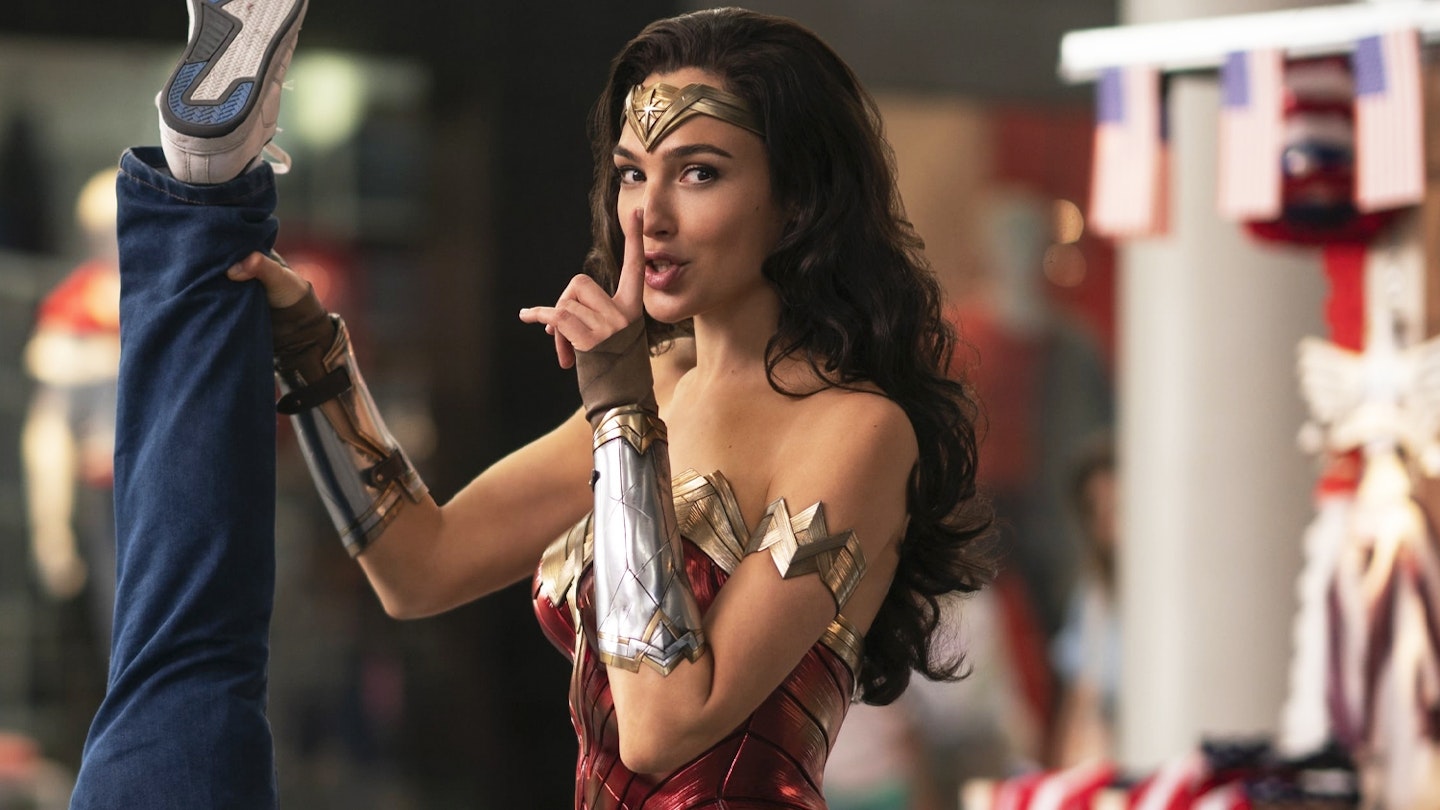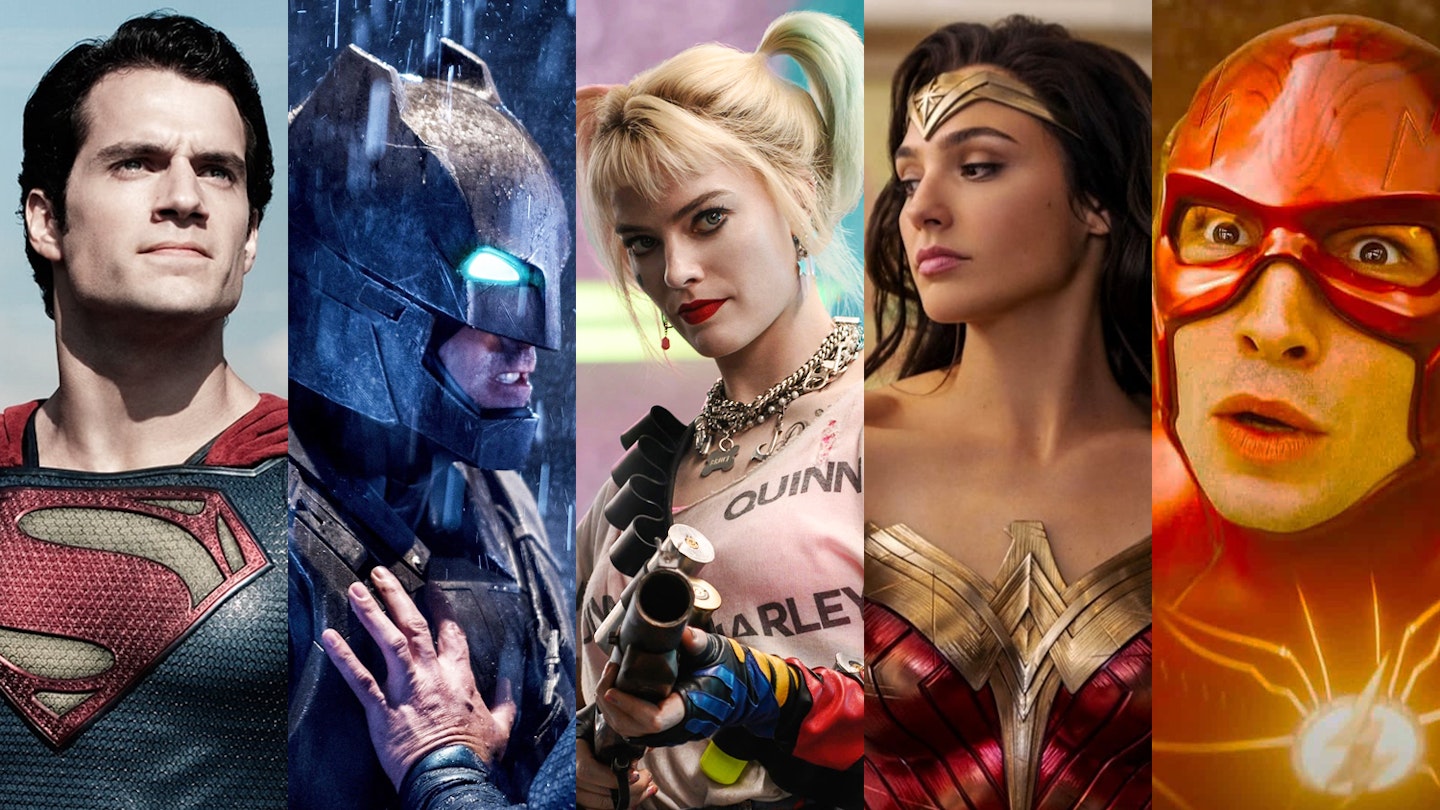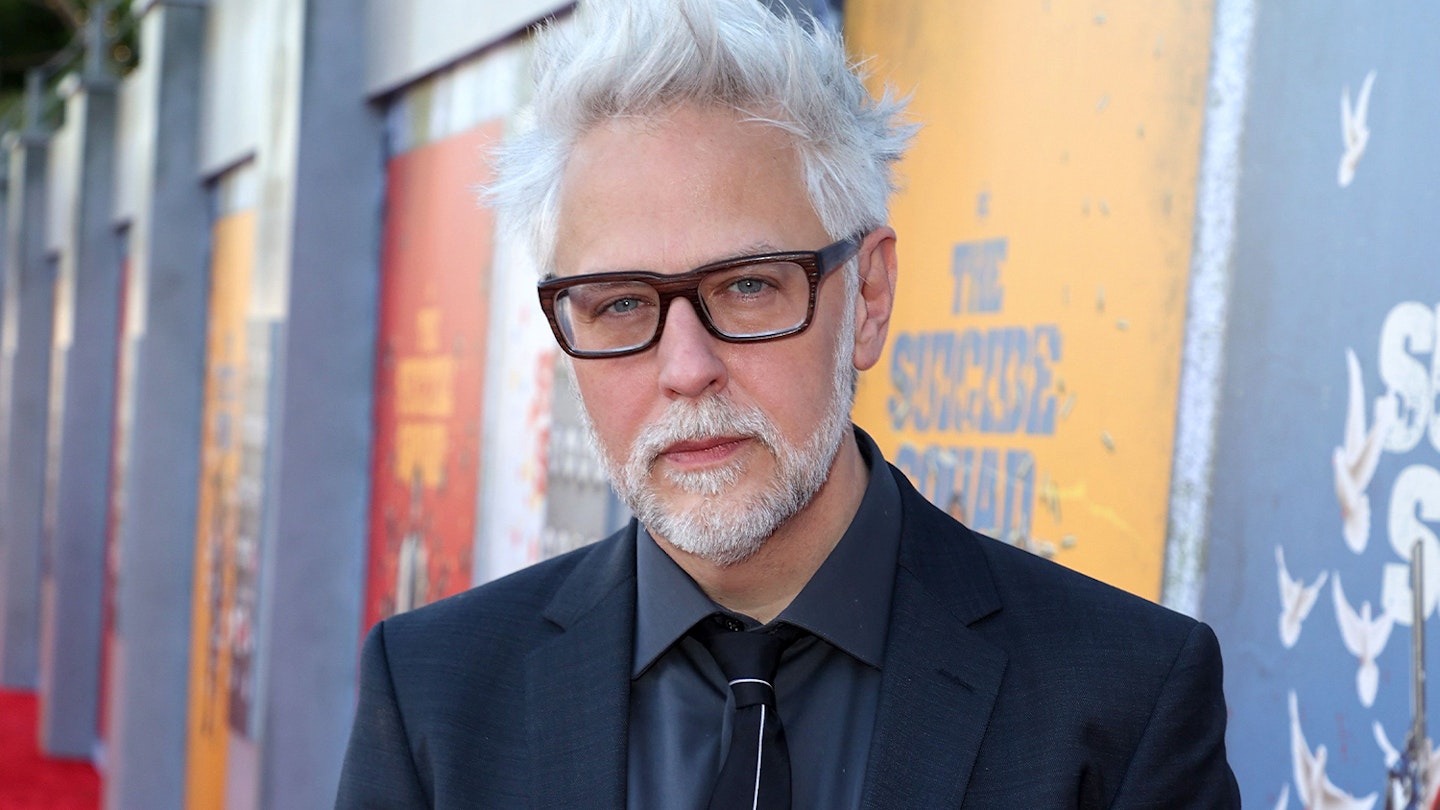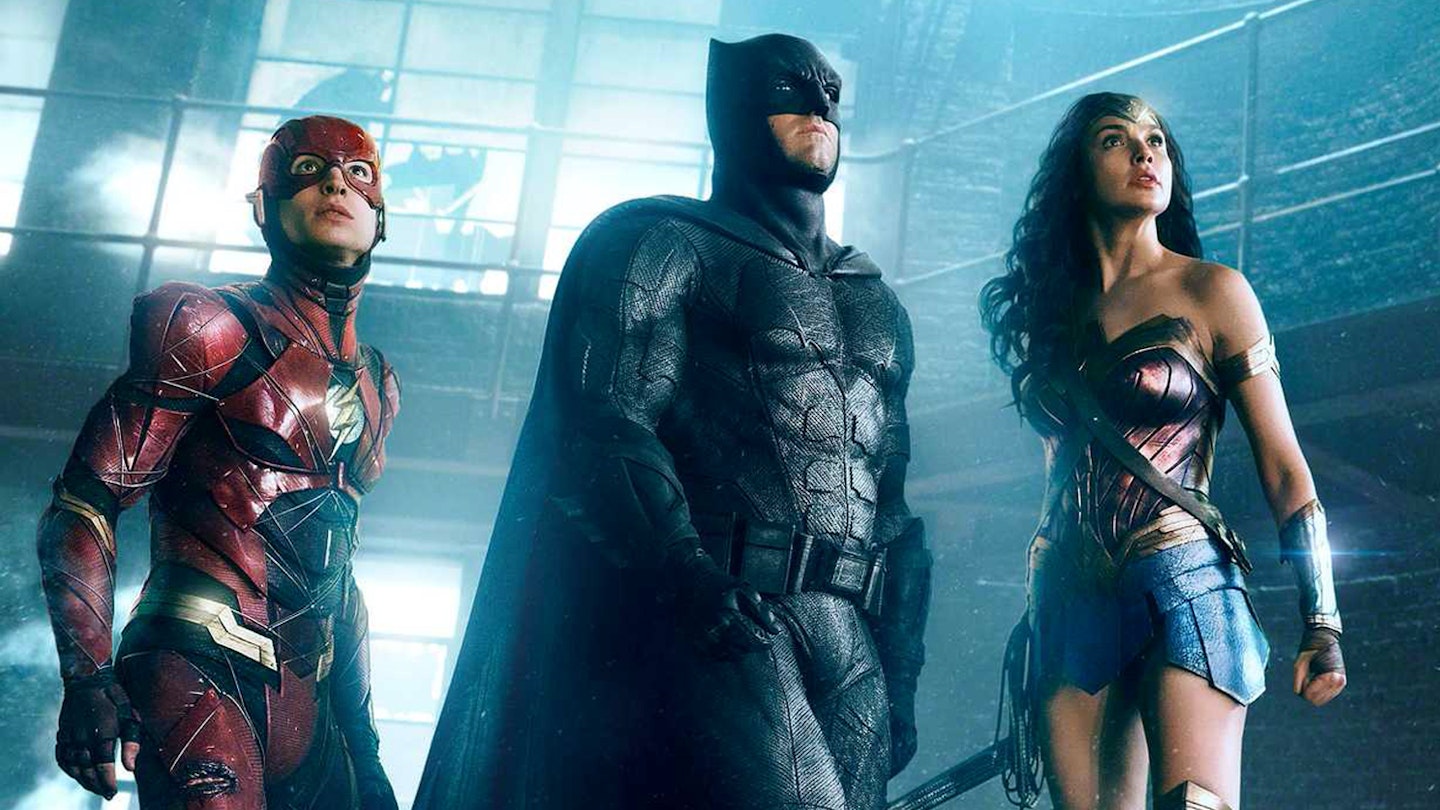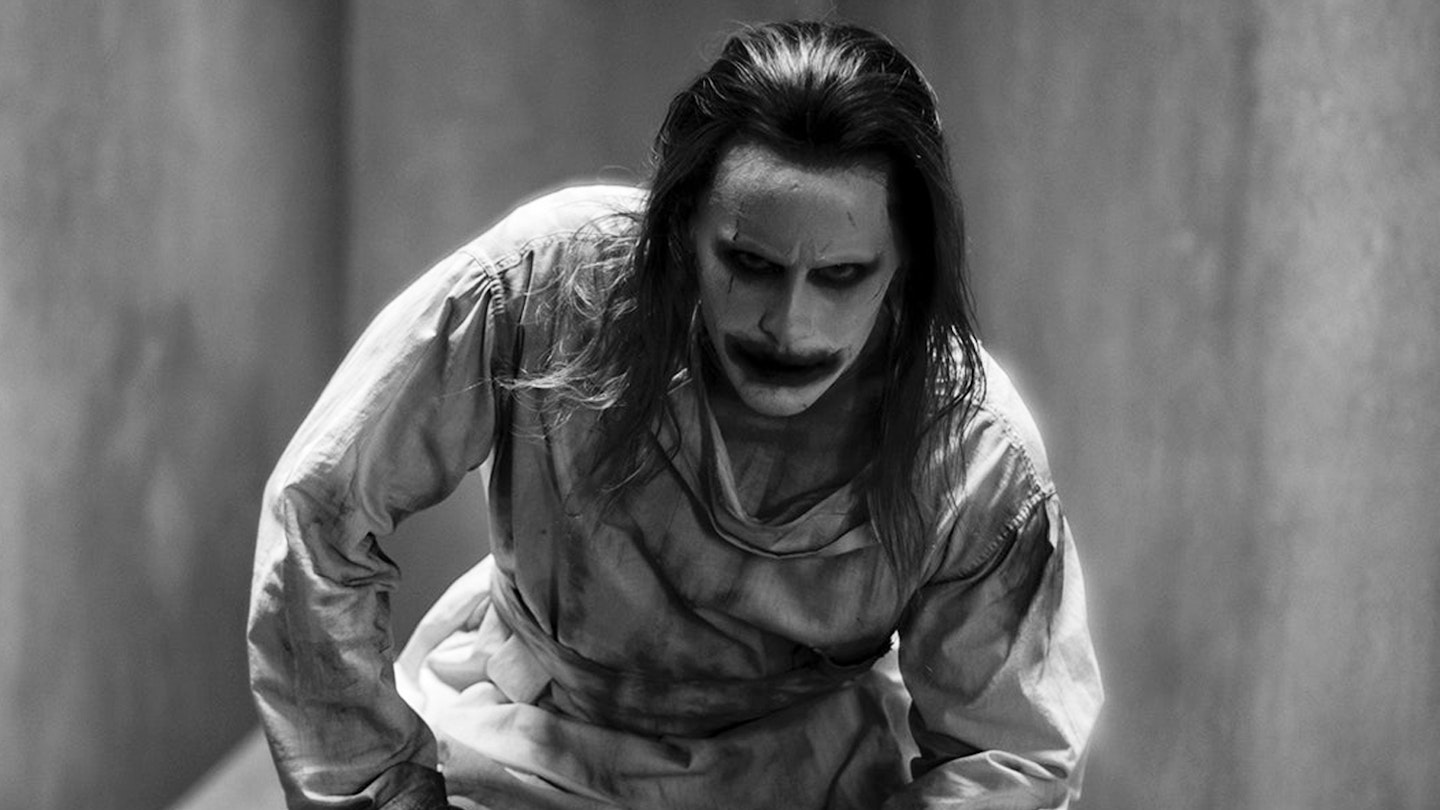For the first time in about two decades, 2020 has been a year without a single major planet-rescuing superhero on the big screen. (Birds Of Prey arguably qualifies, though Harley Quinn was more concerned with saving an egg sandwich than saving the world.) After years of box-office dominance, the one thing DC and Marvel’s greatest heroes weren’t prepared for was a pandemic. But as the year closes, one comic-book blockbuster has defied the odds to make it to the big screen and rescue 2020 from total misery: Wonder Woman 1984.
It’s fitting that Diana Prince is the one to swoop in and save the day — after all, she was the original bright new hope of the DC Extended Universe, once so mired in morally murky seriousness (and visually murky set-pieces). Patty Jenkins’ 2017 film pierced the grimdark pomposity of Man Of Steel and Batman v Superman in an outing that dared to embrace the inherent goodness of its central hero, a sincerity that shone through both in its super-powered set-pieces, and in the budding romance between Gal Gadot’s Amazonian warrior-goddess Diana and Chris Pine’s human (but superhumanly handsome) World War I pilot Steve Trevor. It’s clear that Jenkins feels even more empowered this time around to hold firm to Wonder Woman’s intrinsic ethos: that she is a bastion of truth and honesty, whose physical strength is complemented by the warmth, love and generosity that she radiates. Jenkins’ belief in and understanding of Diana’s true power is written right into the DNA of Wonder Woman 1984, shining through in its quietly revolutionary imagery and the thematic underpinnings that pit our hero against Pedro Pascal’s shady villain.
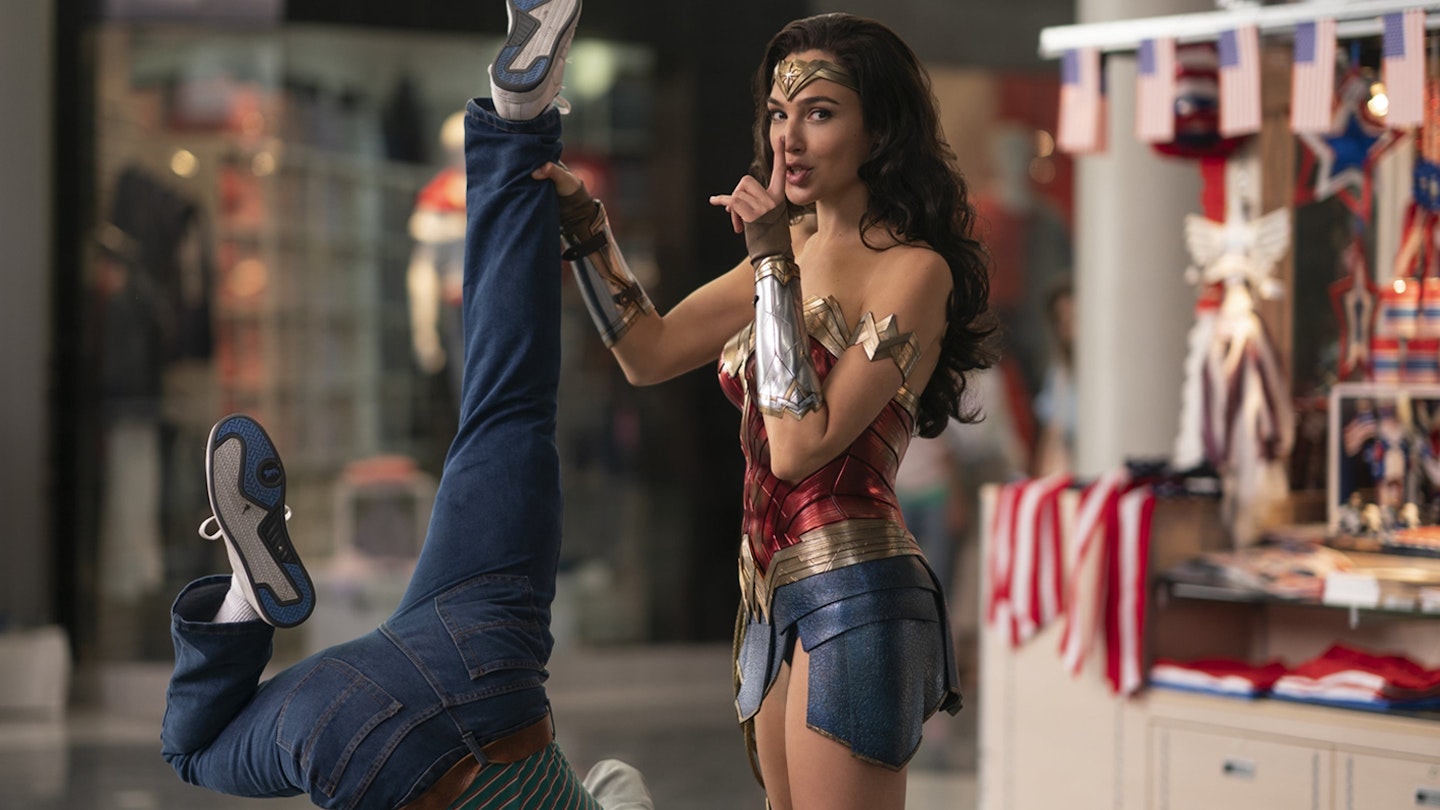
Where Wonder Woman pitched a previously sheltered Diana into wartime, the sequel fast-forwards several decades to the mid-’80s — and despite an initial influx of legwarmers, spandex and red-chrome Porsches, Jenkins resists leaning too heavily into the era’s pop- culture signifiers. Instead, the ’80s is invoked as a peak age of capitalist excess embodied by Pascal’s Maxwell Lord, all smarmy mannerisms and cheesy gestures. He’s a very different kind of bad guy to Wonder Woman’s Ares, and yet niftily deployed as the antithesis of Diana — a liar-in-chief, appealing to people’s basest instincts in order to further his own personal gain, corrupting everyone he encounters.
Combined with the film’s Washington DC setting, it’s not hard to see what – or, who exactly – Jenkins is getting at. Despite the retro setting, the Trumpian satire means 1984 speaks directly to 2020. “I’m not a con man… I’m a television personality,” says Lord in one pointed barb. Pascal puts in an entertainingly broad performance, Lord’s tacky persona becoming more unhinged as his Wolf Of Washington schtick gives way to a deeper corruption tied to the powers of a mysterious crystal.
Caught in Lord’s tractor beam is Kristin Wiig’s Barbara Minerva — a square gemologist who, per Lord’s catchphrase, very much wishes for more. After an early encounter with the effortlessly elegant Diana, she longs to be “cool, sexy, special” like her, sparking a Peter Parker-style glow-up. But as her admiration of Diana turns into something more dangerous, she goes from glamorous head-turner to full-blown Joan Jett — all smudged eyeliner, animal print and thigh-high boots. Wiig proves novel casting — her inherent likeability garners sympathy in the early scenes, but she holds her own through Barbara’s transformation, conjuring real menace when she turns the tables on a predatory creep.
Gadot's Diana exudes grace and goodness, her power displayed with an unabashed femininity that still feels revelatory.
As with the last film, the heart and soul of Wonder Woman 1984 is Gadot. Her Diana exudes grace and goodness, her power displayed with an unabashed femininity that still feels revelatory amid a crowded landscape of ripped male heroes. There’s an acrobatic fluidity to her action choreography that’s joyous to watch, a sense of weightlessness as she propels herself through the air. Superman might fly, but Wonder Woman soars.
Her dynamic with Steve Trevor (mysteriously returning for reasons we won’t divulge, despite sacrificing his life in Wonder Woman) remains beautifully played. There are no Marvel-style gags here, but Pine draws plenty of chuckles as a more puppydog-ish version of his pilot. This time around he is the fish out of water and not Diana, marvelling at the wonders of a whole new age: punks, escalators, contemporary art and break-dancing. In a lovely touch, he is stunned by the achievements of NASA. After an action-heavy opening, Wonder Woman 1984 downshifts gears to spend a significant amount of time with its characters — Steve and Diana in particular. While some might find it a little slow, the easy charm of their company is delightful to bask in.
When the action does kick in, a year largely devoid of spectacle means the set-pieces sing with an extra vitality. An opening flashback in which a young Diana (a returning Lilly Aspell) competes in an Olympic-style Amazonian contest is thunderous and jubilant, its propulsive energy matched by the unexpected thrill of seeing a little girl drive a massive action sequence. As with the last film, there’s a wholesome tone that feels beamed in from a simpler era — one heavily armoured truck-chase is shot through with an Indiana Jones-ian sense of derring-do. If Jenkins’ touchstone has always been Richard Donner’s Superman, an immensely entertaining mall robbery conjures an unashamedly comic-booky kinetic flair akin to Raimi’s Spider-Man films, while a later clash rivals X2 for super-powered, White House-based showdowns. Notably, the formerly underused Lasso Of Truth gets more time to (literally) shine here, dazzling as it dances across the screen, and — in one joyous image — hitches a ride on a passing projectile.
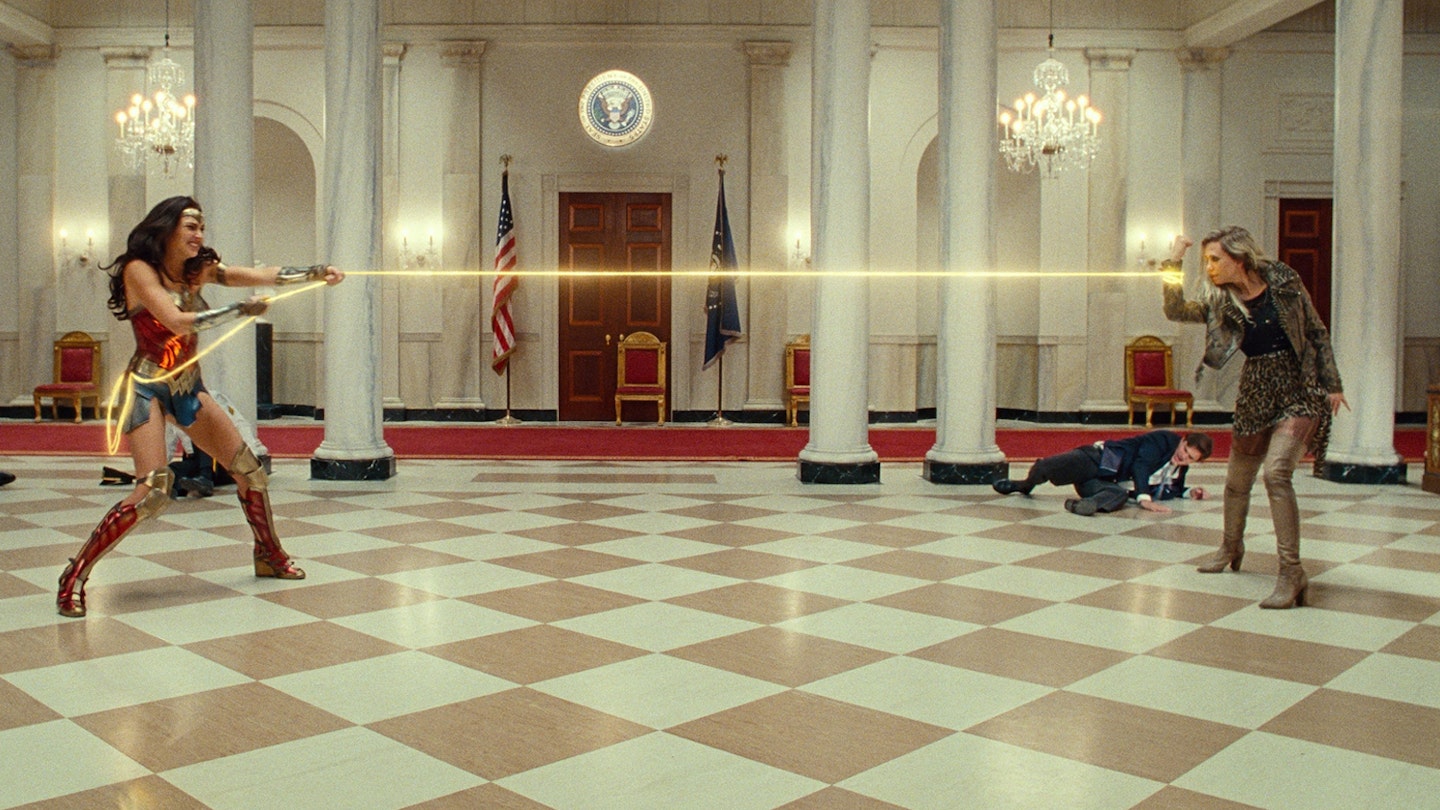
Not all of the action lands. After the sludgy CGI climax of Wonder Woman, a face-off between Diana and an ‘evolved’ Barbara threatens to repeat similar failings. Thankfully, their brawl is a brief footnote in a final reel that shoots for a more ideological triumph of good over evil. One scene of personal sacrifice that dovetails into the final act perfectly captures an atypical form of heroism, rivalling the first film’s No Man’s Land sequence for sheer emotional power.
It’s in this sense that WW84 feels most triumphant. Between the pandemic, the protests against masks and vaccines, and the Presidential election, 2020 has been genuinely gruelling. It’s hard to know exactly how Jenkins’ film would have played had it been released months ago as intended — likely as an impassioned plea for collective empathy wrapped up in spandex. Now, as the vaccine rolls out and the Biden-Harris era looms, it feels like a colossal exhale — a promise of better days to come, testament to the reliability that light will triumph over darkness.
What’s most clear in Wonder Woman 1984 is that Patty Jenkins truly recognises the power of the imagery she’s committing to the screen: what it means to see a young girl be an action hero; the resonance of a power-hungry businessman broadcasting on White House comms; the majesty of Diana ascending skyward in the pursuit of changing the world for the better. These moments are so potent that it already feels like they have a life beyond the screen. Wonder Woman 1984 not only delivers the blockbuster thrills that 2020 has been missing — even more thrilling is the feeling it leaves you with: the hope that we too can propel ourselves into a brighter future.
